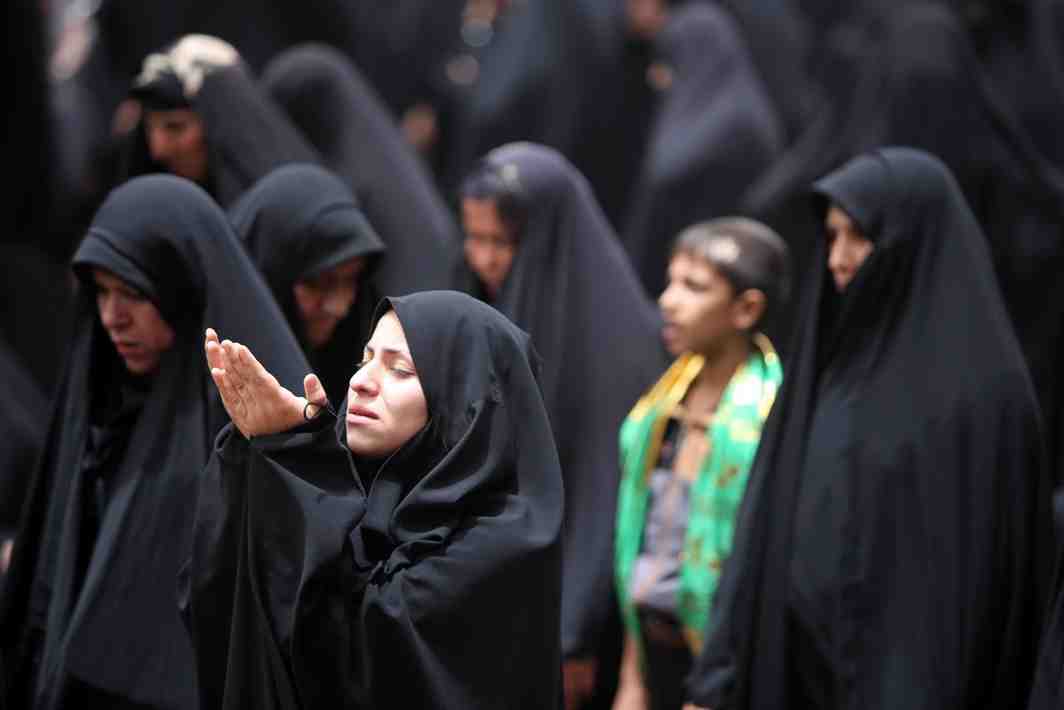In a historic judgment, the Supreme Court, on Tuesday, in a 3:2 majority verdict termed Talaq-ul-Biddat or instant triple talaq as “manifestly arbitrary and unconstitutional”; setting the practice aside. We bring to you a timeline of how the verdict, which comes as a relief to lakhs of Muslim women across India, came to pass
■ 16 October, 2015: While dealing with a case filed by a Hindu woman regarding her rights of succession and inheritance, a Supreme Court bench asks Chief Justice of India to set up an appropriate bench to examine if Muslim women face gender discrimination in cases of divorce
■ 5 February, 2016: SC asks Attorney General Mukul Rohatgi to assist it on the pleas challenging constitutional validity of ‘triple talaq, nikah halala and polygamy
■ 28 March, 2016: SC asks Centre to file a copy of the report of a high-level panel on ‘Women and the law: An assessment of family laws with focus on laws relating to marriage, divorce, custody, inheritance and succession’
SC also impleads various organisations, including the All India Muslim Personal Law Board (AIMPLB), as parties in the case
■ 29 June, 2016: SC says triple talaq among Muslims will be tested on “the touchstone of constitutional framework”
■ 7 October, 2016: For the first time in India’s constitutional history, law officers of the Union government oppose the practice of triple talaq in the Supreme Court and move for a review on grounds like gender equality and secularism
■ 9 December, 2016: The Allahabad High Court, in a verdict, stopped short of calling the practice of triple talaq under Muslim law as “unconstitutional” but observed that personal laws could not override constitutionally guaranteed rights of individuals
■ 14 February, 2017: SC allows various interlocutory pleas to be tagged along with the main matter
■ 27 March, 2017: AIMPLB tells SC that these pleas were not maintainable as the issues fall outside judiciary’s realm
■ 30 March, 2017: SC says these issues are “very important” and involve “sentiments”, says a Constitution bench would start hearing the matter from 11 May
■ 3 May: SC asks senior advocate and Congress leader Salman Khurshid to act as amicus curiae in the case
■ 11 May, 2017: SC says it would determine if the practice of triple talaq is in line with the Constitution and fundamental to Islam. “We will only look at triple talaq and whether it is constitutional and not go into issues such as polygamy,” a five-judge Constitution bench said.
■ 12 May: SC says the practice of triple talaq was the “worst” form of dissolution of marriages among Muslims and was “not desirable” even though there were schools of thought which termed it as “legal”
■ 15 May: Attorney General Mukul Rohatgi told the Supreme Court that the Centre will bring in a new law to regulate marriage and divorce among Muslims if the practice of triple talaq is declared unconstitutional. He also asked the court to examine other aspects of Muslim personal law including nikah halala and polygamy
■ 16 May, 2017: AIMPLB says triple talaq is a 1,400-year-old practice, constitutional morality and equity cannot arise when a matter of faith is concerned
■ 17 May, 2017: SC asks the AIMPLB whether a woman can be given an option of saying ‘no’ to triple talaq at the time of execution of nikahnama (Islamic marriage contract). The five-judge Constitution bench headed by Chief Justice JS Khehar also wondered if all Qazis can be asked to include this condition at the time of marriage
■ 18 May, 2017: SC reserves verdict on batch of petitions challenging the constitutional validity of triple talaq
■ August 22, 2017: Judgement Day – Chief Justice of India begins reading out opinion given by different judges on the Bench. For a moment, it appears that since the verdict isn’t unanimous, the apex court wants to push the matter into the government’s lap as the Chief Justice and Justice S Abdul Nazeer favour that an injunction be imposed on triple talaq for 6 months during which the government can frame a law on the validity of triple talaq and have it passed by the Parliament.
However, it soon appears that Chief Justice Khehar and Justice Nazeer were both in a minority and the majority – Justices Kurian Joseph, Rohinton Nariman and UU Lalit – all ruled that Talaq-ul-Biddat is “manifestly unconstitutional, arbitrary” and also against the tenets of Islam and the Sharia laws. With the verdict split 3:2 and a majority calling the practice unconstitutional, triple talaq is set aside by the Bench.


 Latest world news12 hours ago
Latest world news12 hours ago
 Latest world news12 hours ago
Latest world news12 hours ago
 Latest world news12 hours ago
Latest world news12 hours ago
 India News12 hours ago
India News12 hours ago
 India News3 hours ago
India News3 hours ago
 Latest world news3 hours ago
Latest world news3 hours ago














